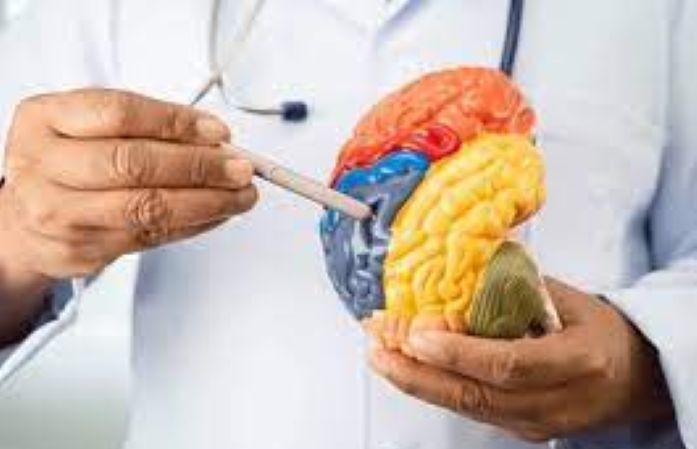Over 30 million people facing neurological disorders globally

Dr Samir Parekh
Brain-related diseases are fast emerging as one of the biggest health challenges worldwide, with neurological disorders now ranking among the leading causes of illness and disability. The growing burden of these conditions is not only a concern for individuals and families but also a looming public health crisis.
The combination of rising life expectancy, rapid population growth, and changing lifestyles has resulted in an alarming increase in cases of stroke, dementia, brain tumors, epilepsy, and other neurological disorders. Brain is the most vital organ of our body, yet it remains one of the most vulnerable. The reality is that neurological conditions are no longer restricted to the elderly. We are witnessing younger patients, often in their 30s and 40s, coming in with strokes, brain hemorrhages, and severe neurological complications.
Global health studies have shown that brain-related diseases now contribute significantly to disability-adjusted life years (DALYs), making them one of the foremost causes of long-term dependency. Environmental pollution, sedentary lifestyles, poor dietary habits, and stress have also amplified the risks, especially in urban centers like Mumbai. While the numbers are staggering, the crisis is compounded by late diagnosis and inadequate awareness. In India, patients often ignore symptoms such as persistent headaches, dizziness, memory lapses, or seizures until they become life-threatening emergencies. Early detection and timely intervention can drastically improve outcomes.
There is a need for public health systems to prioritize neurological care in the same way as cardiac or cancer treatment. The need of the hour is to create more awareness and offer advanced treatment facilities for complex brain and spine conditions – from minimally invasive neurosurgeries to comprehensive neuro-rehabilitation programs.
The time has come for a collective response—governments, healthcare providers, and communities must work together to address the growing challenge of brain health. Preventive lifestyle measures, regular check-ups, better access to diagnostic tools, and investment in neurological research are critical if we are to reduce the global burden of these diseases.
As the world grapples with this silent epidemic, we muist understand that brain health is integral to overall well-being, and addressing neurological disorders must be treated as an urgent public health priority.
Dr Samir Parekh is Senior Neurosurgeon at Apex Group of Hospitals, Mumbai

